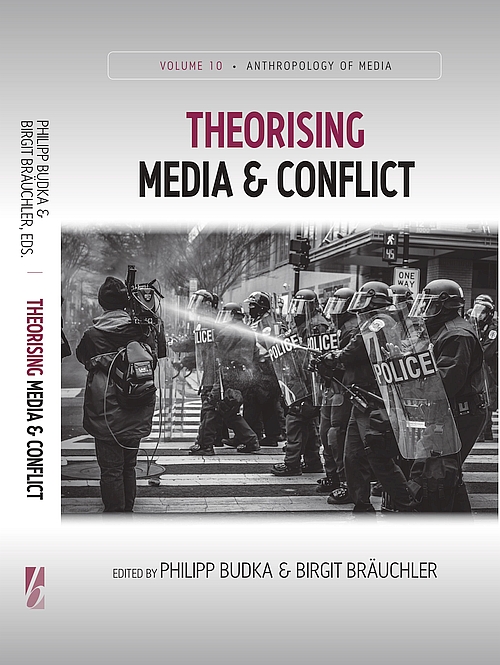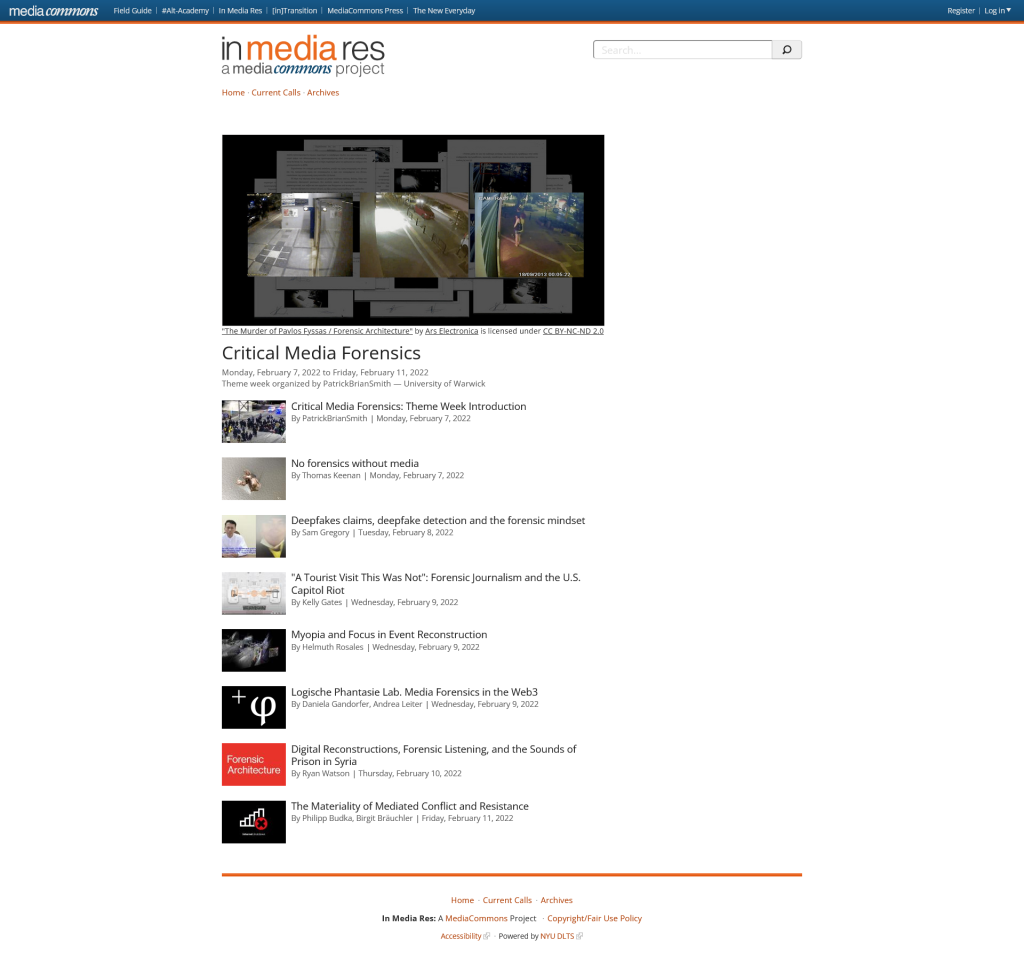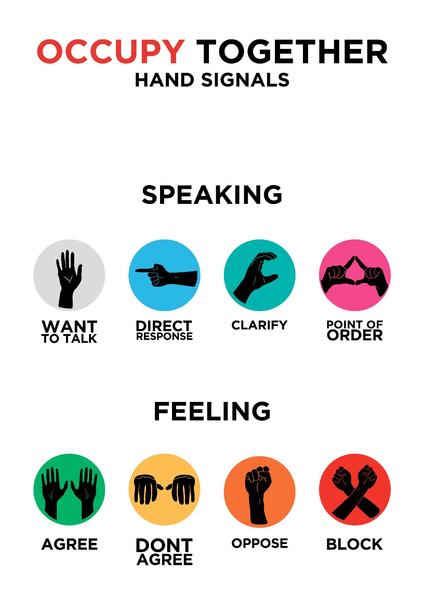This post compiles extracts of published reviews of the edited volume Theorising Media & Conflict (eds. P. Budka & B. Bräuchler, Berghahn Books, 2020).
Younes Saramifar (Free University Amsterdam) notes in the journal Media, War & Conflict…
The editors upend the conventional and normative approaches limited to discourse, visual, content, reportage or policy analysis through anthropological analysis and ethnographically rooted methodologies. By way of telling ethnographic narratives and edited via a thorough theoretical inventory of current debates, the authors argue that a non-media-centric approach traces how the complexities of media technologies, sensory perceptions and social life are interrelated (p. 9). In other words, this volume encourages scholars and media researchers to think about how media becomes social and how it produces the social fabric of conflict.
They [the editors] have broadened the notion of conflict beyond the limits of contentious clashes and push readers to see conflict through lived experiences and everyday encounters. They aptly show how articulations and representations of conflicts in the news or other media platforms differ from witnessing and experiencing conflict.
There are wonderful ideas and reminders across the book hidden like Easter eggs, making reading a theory-driven academic volume a jubilant experience.
Overall, Theorising Media and Conflict is a promising and path-opening contribution to media and conflict debates which have ignored conflict ethnographies and interdisciplinary conversations for too long. This volume is a welcome addition to security and war studies, communication, journalism and social sciences at large. All students who wonder how to study conflict without coming under fire could highly benefit from this book.
Saramifar, Y. (2021). [Review of the book Theorising media and conflict, by P. Budka & B. Bräuchler]. Media, War & Conflict. https://doi.org/10.1177/17506352211004012
Christine Crone (University of Copenhagen) comments in the Global Media Journal…
The book urges us to acknowledge the importance of ethnographic methods if we are to understand the integration and mutual constitutive power of media and conflict in the twenty-first century. Rather than looking at media and conflict as two separate spheres, the overall aim is to investigate media-related everyday practices in contexts of conflict as social processes.
Half of the contributions are made up of anthropologically informed media research and the other half consists of qualitative media and communication research and thus attempts through its structure to establish a dialogue between the two traditions on how to study media and conflict. This approach allows for new and inspiring ethnographic material that offers an insight into everyday media practices of people who live and navigate in this decade-long conflict while new media technologies change the ways of communication.
The volume brings new perspectives to the table and helps us move our attention from quantitative evaluations of the role of media in conflicts to the everyday media practices in conflict areas. This sets us free to investigate the fascinating interlinking and interplay between the two – or rather to dissolve what seems to have become an artificial division of one coherent phenomenon. The book is an ethnographic contribution to the study of media and conflict, adding qualitative research to a field where quantitative studies traditionally have dominated.
Crone, C. (2021). [Review of the book Theorising media and conflict, by P. Budka & B. Bräuchler]. Global Media Journal. http://globalmediajournal.de/en/2021/02/16/rezension-theorising-media-and-conflict/


